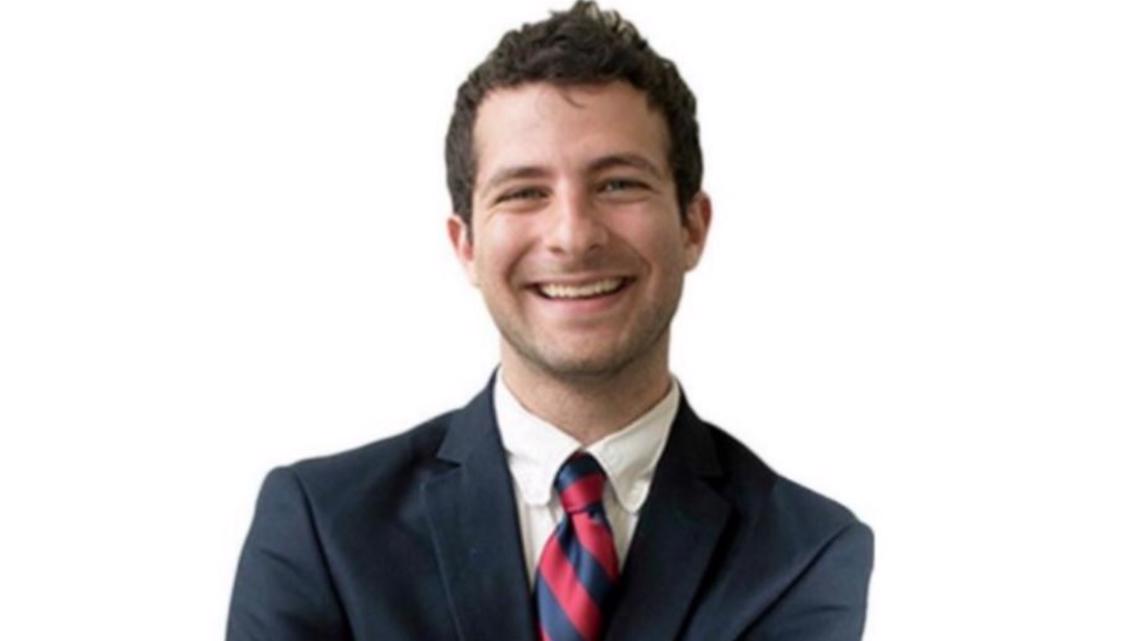
But why do we concede that? All I'm saying is that we should consider this as a moral and ethical proposition, as well as a legal one.

Before we get to the legalities of any of that, I would like people to focus on the fact that we have a former President of the United States who refuses to turn over information that he has about a violent insurrection against the union and an attempted political coup - and that's just an extraordinary thing, but everyone walks around assuming that, of course, Donald Trump won't cooperate in an investigation.
REP JAMIE RASKIN SON DIED OF WHAT HOW TO
The media has hurried to get to the question of subpoenas, and contempt of Congress and how to coerce compliance. I don't want to render legal advice to my colleagues. Well, look, the committee has not discussed this yet, so everything that I said to you was in the manner of an abstraction about what the law is. So what would you do if someone like House Minority Leader Kevin McCarthy were to refuse to voluntarily turn over information and then potentially defy a subpoena? The speech and debate clause says that members should not be questioned for their legislative conduct outside of the Congress, but that clearly leaves the implication that they may be so questioned inside Congress itself. Each house has disciplinary authority to sanction its members from reprimands and censures to expulsions. Under Article I of the Constitution, each house defines the rules of its own proceedings. That's certainly one of the potential legal and political flash points we face. Could you explain how strong of a case the committee would have in enforcing a subpoena if a member of Congress refused to comply? You were a constitutional law professor earlier in your career. But for some reason, that was the thing that struck me hard. I know I saw a lot more bloody things that day, far more extreme situations. And now I was getting the message from my daughter that my workplace was a danger. You know, I had always wanted to involve my kids in my political career and have them get to know my colleagues, and I've always just wanted them to be excited about government. She was essentially telling me that my chosen career path and engagement in politics had become a negative thing in our lives. When Tabitha said that, it was shocking and dismaying to me. What was going through your mind at that point, and how do you make sense of it now after writing the book?

This interview has been lightly edited for length and clarity.Ĭould take me back to the first moments you had to yourself on the night of the insurrection, particularly after your daughter told you she never wanted to come back to the Capitol again after witnessing that day first-hand.


 0 kommentar(er)
0 kommentar(er)
